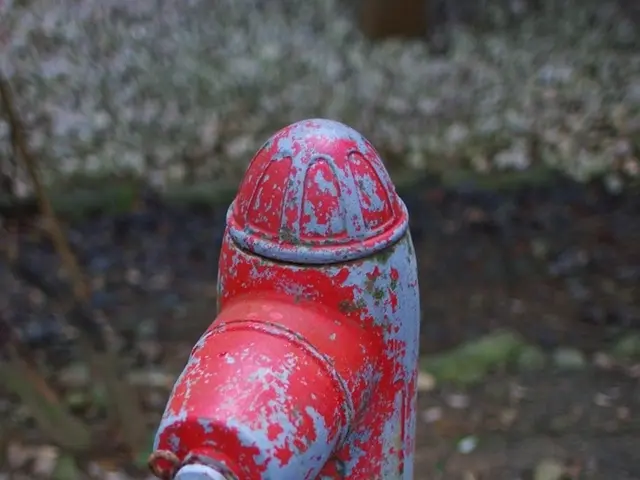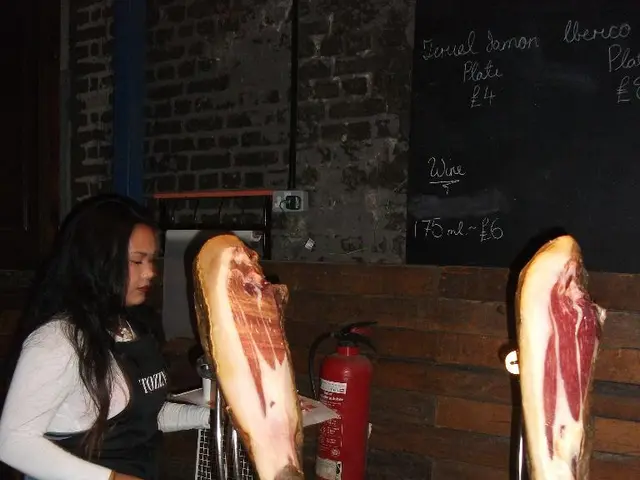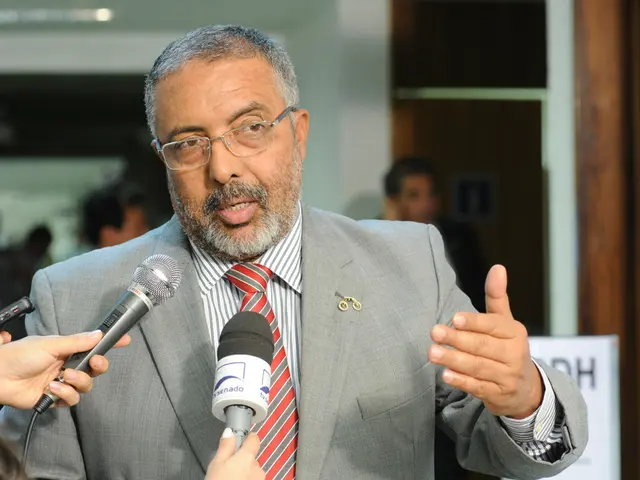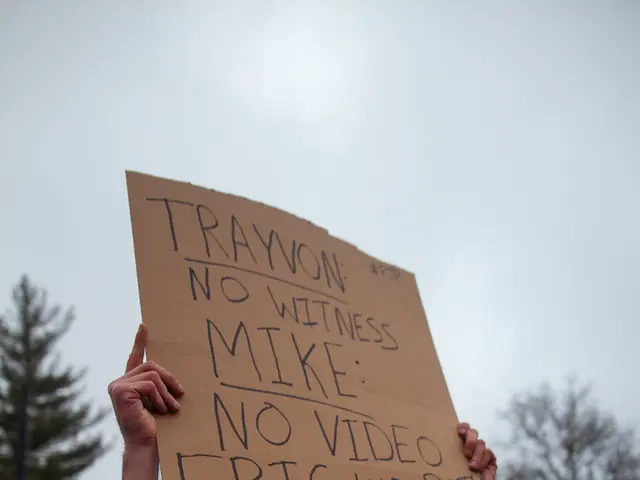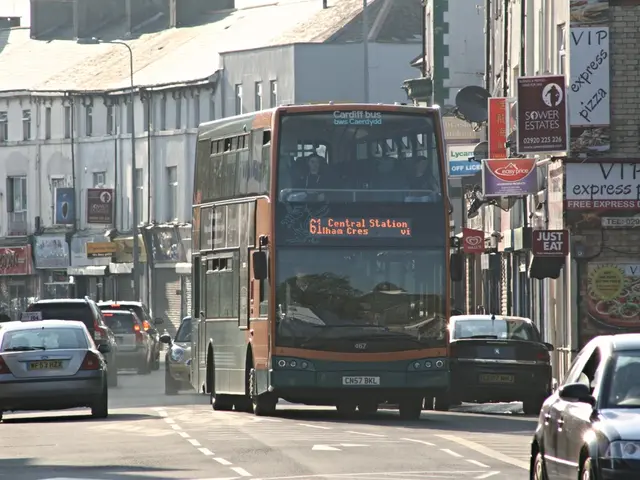Breaking News: Trump Plans to Overhaul Federal Prisons, Proposing Revival of Alcatraz
Revitalize Alcatraz: Trump Plans to House Severest Criminals, Deemed Ruthless and Violently Dangerous
In a move aimed at transferring and housing the nation's most notorious criminals, former president Donald Trump has called for the reopening and expansion of the notorious Alcatraz prison. This deserted island fortress, infamous for its impenetrable nature, last served as a federal prison over six decades ago.
Trump, expressing his thoughts on his Truth Social platform, stated, "America has been plagued by violent offenders who contribute nothing but misery and suffering. It's high time we lock the dregs of society away, far from anyone they could harm." He further announced his directive to the Bureau of Prisons, Department of Justice, FBI, and Homeland Security, tasking them with rebuilding and reopening Alcatraz for America's "most ruthless and violent criminals."
However, such a decision would present a myriad of challenges. Alcatraz was shut down due to colossal repair and maintenance costs, as well as the need to transport nearly everything to the remote island by boat[1][2]. The rejuvenation of this prisoner island would undeniably incur substantial financial and logistical obstacles.
Moreover, Alcatraz is a National Historic Landmark, operated by the National Park Service, and serves as a popular tourist destination[3]. Losing its status as a significant tourist attraction and sacrificing revenue could meet resistance from both the public and local businesses.
Furthermore, Alcatraz's transformation into a modern prison would necessitate restructuring its historic infrastructure to accommodate today's security requirements[1][2]. The resulting changes might face opposition from preservation groups and legal challenges based on historical preservation mandates.
Aside from Alcatraz, Trump has proposed controversial ideas regarding federal prison reform, including sending accused gang members to maximum-security prisons in El Salvador without due process[4]. Furthermore, he has suggested repurposing the Guantanamo Bay detention facility for housing "the worst criminal aliens" and opening a new prison in Kentucky[5].
These proposals serve as a reminder that the complex issues surrounding federal prison reform demand careful consideration. While Alcatraz's proposed return as a federal prison presents a symbolically resonant image, the logistical, financial, and political hurdles involved in its implementation are daunting.
[1] https://www.history.com/news/alcatraz-prison-haunting-history[2] https://www.sfgate.com/news/article/ALCATRAZ-A-symbol-of-the-dark-side-famous-14858859.php[3] https://www.nps.gov/alcatraz/index.htm[4] https://www.nytimes.com/2021/07/02/us/politics/trump-ices-gangs.html[5] https://www.cnn.com/2019/06/18/politics/trump-ice-detainees-guantanamo/index.html
- The government's proposal to reopen and expand Alcatraz to house the nation's most notorious criminals, as suggested by former president Donald Trump, yields complex considerations, given the historic prison's costly maintenance and remote location.
- Trump's call to reopen Alcatraz encounters substantial financial and logistical challenges, including the transport of materials to the island fortress and its status as a National Historic Landmark and popular tourist attraction.
- Beyond Alcatraz, Trump has put forth contentious ideas about federal prison reform, such as sending accused gang members to maximum-security prisons in El Salvador without due process and repurposing the Guantanamo Bay detention facility.
- The idea of transforming Alcatraz into a modern prison will likely meet opposition from preservation groups and legal challenges based on historical preservation mandates.
- In Seattle's general news and politics, there are ongoing discussions surrounding the potential reopening of Alcatraz, accompanied by debates on strengthening policy-and-legislation related to crime-and-justice.
- The reopening of Alcatraz would mark a significant shift in the nation's criminal justice policies, presenting both opportunities for improving safety and potential challenges in terms of controversial practices and historical preservation.


